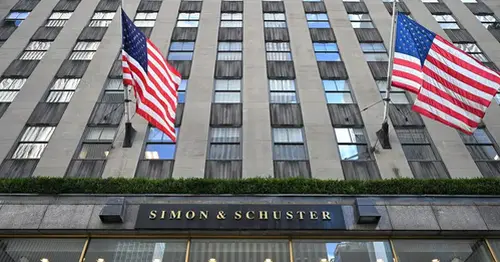
Judge blocks Penguin Random House-Simon & Schuster merger
A federal judge has blocked Penguin Random House’s proposed purchase of Simon & Schuster, agreeing with the Justice Department that the joining of two of the world’s biggest publishers could “lessen competition” for “top-selling books.” The ruling reinforced the Biden administration’s tougher approach to proposed mergers, a break from decades of precedent under Democratic and Republican presidents.
U.S. District Court Judge Florence Y. Pan announced the decision in a brief statement Monday, adding that much of her ruling remained under seal at the moment because of “confidential information” and “highly confidential information.” She asked the two sides to meet with her Friday and suggest redactions.
Penguin Random House quickly condemned the ruling, which it called “an unfortunate setback for readers and authors.” In its statement Monday, the publisher said it would immediately seek an expedited appeal.
Assistant Attorney General Jonathan Kanter of the Justice Department’s Antitrust Division praised the decision, saying in a statement that the decision “protects vital competition for books and is a victory for authors, readers, and the free exchange of ideas.”
He added: “The proposed merger would have reduced competition, decreased author compensation, diminished the breadth, depth, and diversity of our stories and ideas, and ultimately impoverished our democracy.”
Pan’s ruling was not surprising — through much of the trial last August she had indicated agreement with the Justice Department’s contention that Penguin Random House’s plan to buy Simon & Schuster might damage a vital cultural industry.
But it was still a dramatic break from recent history in the book world and beyond. The publishing industry has been consolidating for years with little interference from the government, even when Random House and Penguin merged in 2013 and formed what was then the biggest publishing house in memory. The joining of Penguin Random House and Simon & Schuster would have created a company far exceeding any rival.
The Justice Department’s legal action did not focus on market share overall or on potential price hikes for customer. The DOJ instead argued that the new company would so dominate the market for commercial books, those with author advances of $250,000 and higher, that the size of advances would go down and the number of releases would decrease.






